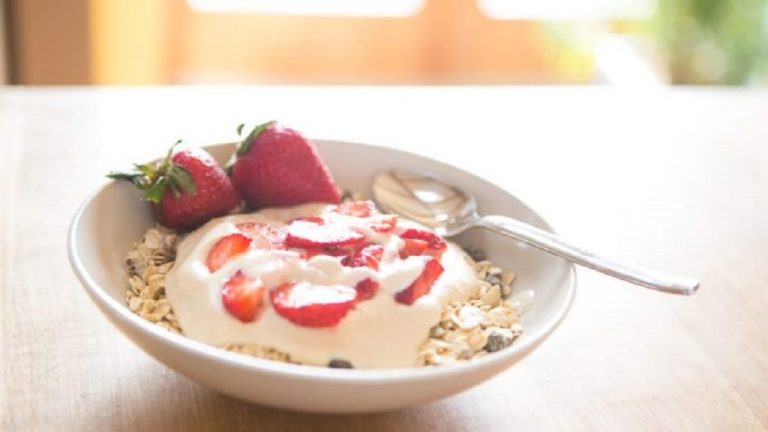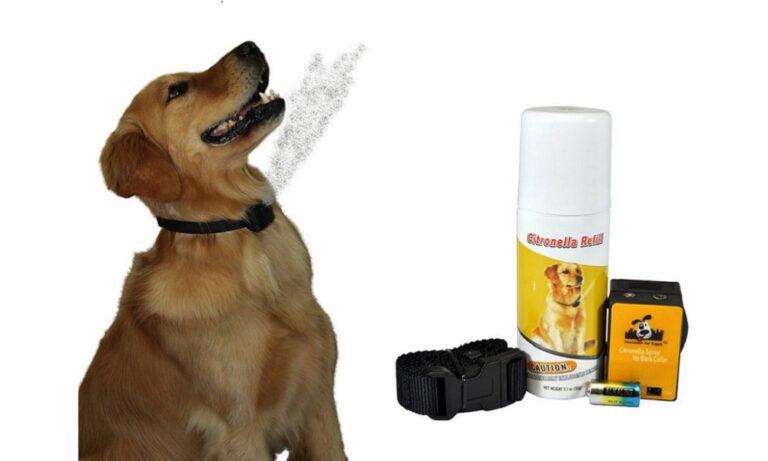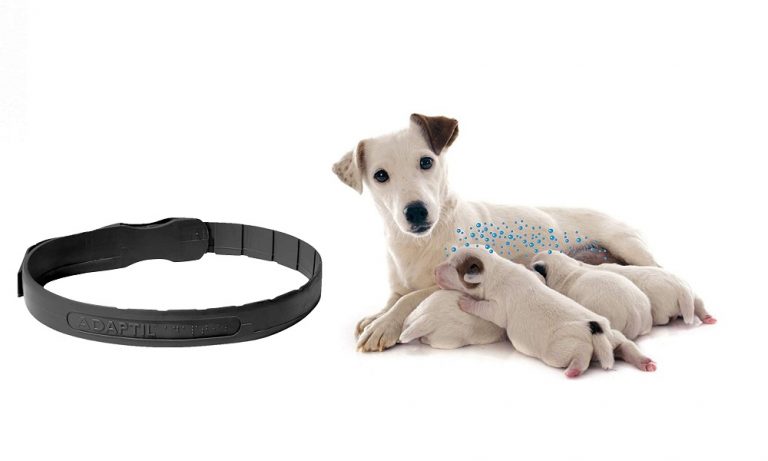Can I Give My Dog Digestive Biscuits?
It’s generally safe to give dogs plain digestive biscuits in moderation. Ensure the biscuits are free from harmful additives and xylitol. Digestive biscuits, often marketed as a healthier snack option for humans, can sometimes be shared with dogs, but as a pet owner, one must exercise caution.
These treats, typically low in sugar and fats, seem harmless yet may contain ingredients unsuitable for canine consumption. The key is to opt for plain biscuits without chocolate, raisins, or artificial sweeteners like xylitol, which is toxic to dogs.
Offer such treats sparingly to prevent obesity and avoid disrupting your dog’s balanced diet. Always consult with a veterinarian before introducing new human foods into your dog’s diet to ensure they are safe and appropriate for your pet’s specific health needs and dietary restrictions.
Digestive Biscuits And Dogs
Pet owners often wonder about sharing human snacks with their canines. Let’s talk about digestive biscuits and dogs. Pet parents need to know what’s inside these treats and how they might affect their furry friends.
Ingredients In Digestive Biscuits
What’s in these biscuits? It’s essential before sharing with dogs. Ingredients usually include:
- Flour: The base of most biscuits.
- Sugar: Adds sweetness but can be harmful in excess.
- Fat: Usually in the form of butter or vegetable oil.
- Leavening agents: Such as baking powder.
- Salt: Small amounts for taste.
- Fiber: Often added for digestive benefits.
Remember, ingredients vary by brand. Check labels carefully.
Potential Risks For Dogs Consuming Digestive Biscuits
Risks are present, and it’s vital to consider these before giving dogs any human food. Common concerns include:
| Sugar Content | Fat Content | Artificial Additives |
|---|---|---|
| Can lead to obesity and dental issues | May cause pancreatitis in high amounts | Potential allergic reactions or intolerances |
Chocolate or xylitol, toxic to dogs, might be in some recipes. Simple biscuits could pose less risk but moderation is key. Always check with a vet before introducing new foods to your pet’s diet.
Can Dogs Safely Eat Digestive Biscuits?
Digestive biscuits often find their way to our snack trays. Pet owners may ponder, “Can my furry friend have some?” Generally, dogs can have these biscuits. Yet, a few considerations are crucial for their well-being.
Consulting A Vet
Before sharing your snack, talk to your vet. They know your dog’s health status. Some ingredients may not suit every pooch. Your vet can provide the best advice.
Moderation Is Key
Dogs can enjoy digestive biscuits in small amounts. Their systems are sensitive. Too much can cause an upset stomach. Thus, always prioritize moderation with such treats.
- Check the ingredients: Some biscuits contain chocolate or xylitol. Both are harmful to dogs.
- Consider calories: Treats should only be 10% of daily food intake. Avoid overfeeding.
- Observe your dog: After indulging, watch for any unusual signs. If in doubt, contact your vet.
In small doses, digestive biscuits can be a tasty treat for your dog. Yet, remember to always consult your vet and favor moderation.
Alternatives To Digestive Biscuits
Thinking of treating your furry friend? Dogs may eye digestive biscuits, but they aren’t the best choice. It’s crucial to know healthier alternatives that keep tails wagging and tummies happy.
Healthy Dog Treat Options
Store-bought snacks can have hidden nasties. Choose natural and organic treats instead. Here’s a list of smart snack swaps for your dog:
- Carrot sticks: Crunchy and good for teeth.
- Green beans: Full of fiber and low in calories.
- Sweet potato chews: A tasty vitamin-rich option.
- Blueberries: Nature’s candy, packed with antioxidants.
- Apple slices: Refreshing and help clean residue off teeth.
Making Homemade Dog Treats
Creating treats at home is easy and allows control over your dog’s diet. You’ll need:
- Simple ingredients like pumpkin, peanut butter, or oats.
- A cookie cutter in a fun shape, like a bone or heart.
- An oven to bake the treats until crispy.
Try this quick recipe:
| Ingredient | Quantity |
|---|---|
| Whole wheat flour | 2 Cups |
| Peanut butter | 1/2 cup |
| Pureed pumpkin | 1 cup |
| Water | As needed for dough consistency |
Mix, roll out, cut shapes, and bake at 350°F for about 30 minutes. Cool down before giving them to your dog.
Training And Treats
Training your dog is more than just teaching commands. Treats like digestive biscuits can play an essential role. But it’s key to know the right balance between their regular diet and treats, and how to use these treats effectively in training.
Balancing Dog Treats With Regular Diet
Keeping your dog healthy is vital. Too many treats can lead to weight gain. Here’s how to balance things out:
- Check the calories. Treats should be less than 10% of total daily intake.
- Pick healthy options. Choose biscuits that aid digestion.
- Adjust meals accordingly. If a biscuit is given, serve slightly less food.
Digestive biscuits are tasty, but always check with a vet before adding them to your dog’s diet. Not all treats are created equal, and some can upset your dog’s stomach.
Positive Reinforcement Techniques
Positive reinforcement means rewarding good behavior with treats. This helps dogs learn more quickly. Here are some tips:
- Give treats immediately. Reward right after the good behavior.
- Be consistent. Always use the same command for a behavior.
- Stay patient. Training takes time.
- Keep sessions short and fun. Dogs learn better this way.
Remember, digestive biscuits can be a good reward. But they should be given in moderation. Break biscuits into smaller pieces during training to avoid overfeeding.
Conclusion
Deciding on digestive biscuits for your pooch requires caution. Always prioritize their health and dietary needs. For safe snacking, consult a vet and choose dog-specific treats.
Remember, moderation is key to a happy, healthy canine companion. Thanks for reading and here’s to your dog’s digestion!
Frequently Asked Questions
Are Digestive Biscuits Safe For Dogs?
Digestive biscuits are not toxic to dogs, but they are not recommended. They contain high sugar and fat which can lead to obesity or digestive issues in dogs.
Can Dogs Eat Whole Grain Biscuits?
Whole grain biscuits may be less harmful than others, but they still contain unnecessary calories and sugars that could upset a dog’s stomach or cause weight gain.
What Biscuit Ingredients Harm Dogs?
Chocolate, xylitol, raisins, and certain nuts found in some biscuits are toxic to dogs and should be avoided to prevent health issues.
How Many Biscuits Can A Dog Eat?
Dogs should only eat a very small amount of any biscuit as an occasional treat, considering their daily calorie intake should mostly come from balanced dog food.
Are There Digestive Benefits For Dogs Eating Biscuits?
There are no significant digestive benefits. In fact, biscuits can disrupt a dog’s digestion due to high fat and sugar content, which is not ideal for the canine diet.






